Gaius Julius Caesar was born in 100 BC and his mother made sure that he received a classical education, which was common in aristocratic circles. In the Roman Empire at that time there were bloody civil wars and two parties were facing each other the Populars led by Marius and the Optimates led by Sulla. Caesar's family was related to the Populars, because his aunt was married to Marius.
Gaius Julius Caesar (-100 to -44)
BackHe came saw and conquered and ended the roman republic
Julius Caesar was born in Subura, Rome in 100 BC into a wealthy, aristocratic family. He was taught by the private tutor named Marcus Antonius Gnipho and learned to read, write, Roman law and rhetoric. These were important skills that he would need as a leader of Rome.
At the age of seventeen, his father died and he married Cornelia, the daughter of a powerful politician in Rome. The young Caesar soon found himself in the middle of a power struggle between two factions in the government. The dictator of Rome, Sulla, was at enmity with both Caesar's uncle Marius and Caesar's father-in-law Cinna. Caesar joined the army and left Rome to avoid Sulla and his allies. When Sulla died, Caesar returned to Rome a military hero.
Julius Caesar quickly made a career for himself and allied himself with the influential men like General Pompey. At the age of 40 Julius Caesar was elected consul, the highest ranking position in the Roman Republic, then he became governor of the province of Gaul and had responsibility for 4 legions.
In Rome, the mood among the powerful turned against Julius Caesar and even Pompey became his rival. Among the people, however, Caesar was very popular. The Senate demanded that Caesar come to Rome without the army. There they also wanted to impeach him for his unscrupulous actions against the Gauls. He further and went "over the Rubicon" a small river north of Rome and marched into Rome. Caesar spent the next 18 months fighting Pompey. He finally defeated him and pursued him to Egypt. There, however, he was killed by Pharaoh Ptolemy XIII, and he presented Caesar with Pompey's head as a gift.
In 46 BC Caesar returned to Rome and was now dictator for life. He instigated many reforms and even changed the calendar to the now famous Julian calendar with 365 days and a leap year. Some people of the Roman elite felt that Caesar was too powerful and sensed that the end of the Roman Republic was coming. Therefore, they planned an assassination. The leaders of the plot were Cassius and Brutus. On March 15, 44 BC, Caesar entered the Senate. Some men ran up to him and began to attack and kill him. The successor of Gajus Julius Caesar then became Octavian. He then became first Roman emperor and changed his name to Caesar Augustus.
Early marriage with Cornelia and escape (-84)
In the past bloody civil wars, the Populares led by Marius and the Optimates led by Sulla faced each other politically. Although Caesar came from a patrician family, he was related to the Populares, for his aunt was married to Marius. Quite early, at about sixteen years of age (84 B.C.), he married Cornelia, the daughter of the radical Popularist Cinna, and was thus connected with the Popularists. When Sulla defeated Marius in 82 BC, he demanded that Caesar separate from Cornelia, the daughter of his arch-enemy. Julius Caesar refused and had to flee, Sulla eventually pardoned him through the intercession of friends and relatives. In Julius Caesar's marriage to Cornelia, his daughter Julia was born in 83 BC. She died in 69 BC and Caesar later married twice more.
On military missions in Asia Minor (-81)
Gaius Julius Caesar's went to Asia Minor as an officer from 81 BC and participated in military missions After Sulla's death in 78 BC, he returned to Rome and received the civic crown because of his brave fight.
In the following years he worked as a lawyer and represented popular interests, but not very successfully. In 75 BC he traveled to Rhodes to study rhetoric with the famous teacher Molon. From there he went to war against Midthridates VI of Pontus in Asia Minor.
Well known is the episode after which his ship was captured by pirates and Caesar was taken hostage. When the pirates demanded 20 talents of silver as a ransom for his release, Caesar is said to have laughed at them for the insufficient sum and increased the amount to 50 talents. He is also said to have acted like a commander to the pirates. They had to be quiet when he slept and taunted them. Jokingly, he threatened the pirates with their death after his release. Later, he actually killed the pirates.
Caesar becomes politically powerful (-73)
Back in Rome, he became a member of the College of Priests as a pontiff in 73 BC and was able to exert influence over the Roman state cult. He passed through various political offices and gave lavish banquets. He organized elaborate gladiatorial games and became very well known and popular among the people. Due to his lifestyle, large debts accumulated. In 63 BC Julius was elected pontifex maximus (high priest) and then became praetor. However, he became embroiled in scandal due to his second wife Pompeia, a granddaughter of Sulla.
Pompeia was head of a secret fertility cult from which men were excluded under penalty. A man in women's clothing had gained access to a cult festival in Caesar's house. This desecration became public knowledge and to avoid suspicion he separated from Pompeia. With the help of a guarantee from Crassus, Gaius Julius Caesar received the office of propraetor (governor) in 61 BC in Spain. He fought there against local tribes and reformed the administration. At the same time, he was able to enrich himself by exploiting the province so that he could repay his debts and have enough bribes to run for consul.
Return to Rome and formation of the 1st Triumvirat (-60)
Julius Caesar was now 40 years old and very popular in Rome. He succeeded in reconciling the politically most influential personalities and opponents, namely Gnaeus Pompeius Magnus and Marcus Licinius Crassus. Together with them he formed the 1st Triumvirate ("three-man alliance", from Latin "tres" = three and "viri" = men).
The Triumvirate was an agreement between the three to support each other politically and to assert themselves against the Senate. There were also kinship ties created by Pompey marrying Caesar's daughter. Thus they had de facto taken over the power.
Appointed consul and marriage with Calpurnia (-59)
With the help of the Triumvirate, Gaius Julius Caesar was elected consul in 59 BC against the opposition of the Optimate party. However, he had to share the office with the Optimate M. Calpurnius Bibulus. Caesar was able to oust him, however, and so he withdrew and issued religious decrees to invalidate Caesar's decisions.
As consul, he enacted important agrarian laws that provided land to Pompey's veterans (discharged soldiers) in the face of opposition from the senators. The three men consolidated their power through many resolutions. In the same year, Gaius Julius Caesar married his third wife, Calpurnia. However, his wife did not bear him a son and so he adopted his great-nephew Gaius Octavius and appointed him as his successor and heir.
Caesar was appointed to the office of proconsul (governorship) for the provinces of Gallia Cisalpina (Upper Italy), Illyricum (Dalmatia) and Gallia Narbonensis (Southern France) in 58 BC, initially for five years by special regulation, and then extended again for five years.
The war against the Gauls (58-51 BC) (-58)
From his position as proconsul, he began to advance his military goal of conquering Gaul. Thanks to his excellent commanders, including the sons of Crassus, he was able to continue his official duties in Rome.
He gradually subdued the most important tribes in the north, such as the Helvetians (ancestors of the Swiss), the Germanic tribes led by Ariovist and finally the Belgians. With the conquest of Brittany and Normandy, all of Gaul was conquered. (Only a small village still resisted. Asterix and Obelix lived there. Joking aside). With the conquest of Gaul, his political prestige and power in Rome grew even more. The Triumpvirate was renewed and reaffirmed and so Caesar was able to secure his power.
In 57 BC, numerous Gallic tribes revolted and challenged the Romans. However, Gaius Julius Caesar put down rebellions the following year. In 55 B.C. Germanic tribes came across the Rhine and asked for territory to settle. Caesar negotiated with them in pretense but attacked them from behind and destroyed them. This caused horror among the Romans, but Caesar did not care. He then tried to conquer Britain, but he did not succeed.
Against further uprisings of the Gauls, Caesar carried out punitive expeditions in 53 BC, which included the genocide of the Eburones.
Caesar the people enslaver and mass murderer (-52)
Once again the Gauls challenged him under the leadership of Vercintegorix. These were then the fiercest battles to consolidate Rome's rule in Gaul. Gaius Julius Caesar, during the conquest of Gaul, had murdered about a quarter of the Gaulish population and enslaved about a million.
Vercingetorix was imprisoned for six years after his capture before being led through Rome in Caesar's quadruple triumph in 46 BC. Subsequently through he was probably strangled in the Carcer Tullianus.
Civil War (49-45 BC) (-49)
With the death of Crassus and Pompey's wife Julia, the triumvirate fell apart and Pompey and Caesar became bitter enemies. Civil war-like conditions arose in Rome. Pompey was given dictatorial powers by the Senate and Caesar had to give up his supreme command of the army and was to stand trial for his conduct in Gaul.
Caesar was staying with his troops at the Rubicon River, the border river between Gaul and Italy, at the time of the Senate's decision. He had the loyalty of his troops behind him and now had to decide. Either to give up his supreme command and provinces, which he presided over and face a defenseless trial in Rome, or to march with the army to Rome and seize power.
"Alea iacta est" (= "the die is cast"), Caesar is said to have said when he crossed the Rubicon with his troops on January 19, 49 BC. Since then, the expression "crossing the Rubicon" has come to symbolize a decision that cannot be reversed.
Pompey and a large part of the Senate fled to Greece. Caesar conquered the provinces of Pompey in Italy and became dictator. Afterwards he started to pursue Pompey and in 48 BC he won the battle of Pharsalos. This was at the same time a turning point in history. For Pompey embodied the Republic and Caesar the autocracy. Caesar showed leniency to his defeated opponents and offered them reconciliation under the condition of accepting his rule.
Caesar in Egypt, return to Rome and omnipotent (-45)
Pompey had survived the battle and fled further into Egypt. There he was ambushed and murdered. Gaius Julius Caesar came to Egypt and decided the sibling throne dispute in favor of Queen Cleopatra VII. To her he handed over the country in 47 BC, whose supreme state power was now held by Rome. Cleopatra became Caesar's mistress and she bore him a son, who was named Caesarion (=little Caesar). He was later killed by order of Octavian, Ceasar's adopted son and later Emperor Augustus.
In Rome Caesar's presence was now required and he returned via Asia Minor. On the way back, there was a battle with the Pontic king Pharnakes II. The fight went so effortlessly that it is here that he is said to have made his famous expression "Veni, vidi, vici" (= "I came, I saw, I conquered"). (The expression endures to this day and means an easy victory). He subsequently defeated all adversaries. Thus, in 45 BC, he won the battle against Pompey's sons at Munda in Spain. This ended the civil war and consolidated Caesar's power.
Caesar was consul and dictator in one person, but also tribune of the people (right of inviolability), pontifex maximus (= chief priest, superintendent of morals). His birth month Quinctilis was named after his gentile name Julius - until today this month is called July. A kind of religious cult arose around his person. A temple building further honors were planned. At the beginning of 44 B.C. Julius Caesar was appointed dictator for life.
The assassination of Gaius Julius Caesar (-44)
Caesar formally maintained the Republic, but there was no doubt who was the ruler. He held the most important offices and ruled like a tyrant. This was a thorn in the side of the Optimates and they made plans to assassinate him.
On March 15, 44 BC, during the preparations for a campaign against the Parthians, there was a conspiracy. It is said that about 60 senators stabbed him with daggers on his way to the Senate. Among them were men like Marcus Iunius Brutus and Gaius Cassius, whom he promoted. His presumed last legendary words were, "You too, my son Brutus?"
The struggle for his succession was won by Gaius Octavius, his adopted son, who later called himself Augustus. From this time on, the Roman imperial era began. The emperors called themselves Caesar. This gave rise to the terms "emperor" and "tsar".
Embedded Videos
Caesar | Ancient Rome: The Rise and Fall Of An Empire
Caesar in Gaul
Vercingetorix - Champion of Gaul
The Rise And Fall Of Julius Caesar
Julius Caesar Mini-Documentary
The Roman Evolution - From Republic to Empire - Full Documentary - How Julius Caesar Rised to Power
BATTLE OF CARRHAE l 53 BC Roman-Parthian Wars l Crassus' Death l Total War Attila Cinematic Movie
Was Cleopatra One Of History's Biggest Killers? Portrait Of A Killer
What Happened to All the Roman Conspirators After Julius Caesar's Death?
Comments & Conclusions
The founder of the imperial era
Caesar was a colorful personality, charismatic, charming on the one hand, but also cruel and ruthless. As a general he enjoyed the trust of his legionaries and with their support he dared to cross the Rubicon River to seize power. Caesar ushered in a new era in the Roman Empire. With him the emperorship was founded and he was followed by other famous and infamous emperors.
He was a brilliant orator and writer. Besides early poems and a work on grammatical questions, he described the battles in Gaul in "De bello Gallico" and the civil war against him in "De bello civili". Caesar was finally also an unscrupulous power man, who went over corpses. Even a genocide can be blamed on him. The fact that he was finally bestially murdered was actually only the quintessence of his work. Caesar is described in many episodes of "Asterix and Obelix". The image that he gives there, corresponds certainly only conditionally to his real nature.
Simultaneous events, periods or persons of Gaius Julius Caesar
| Persons/Events/Periods | Subcategory | From | To | Reason of importance |
|---|

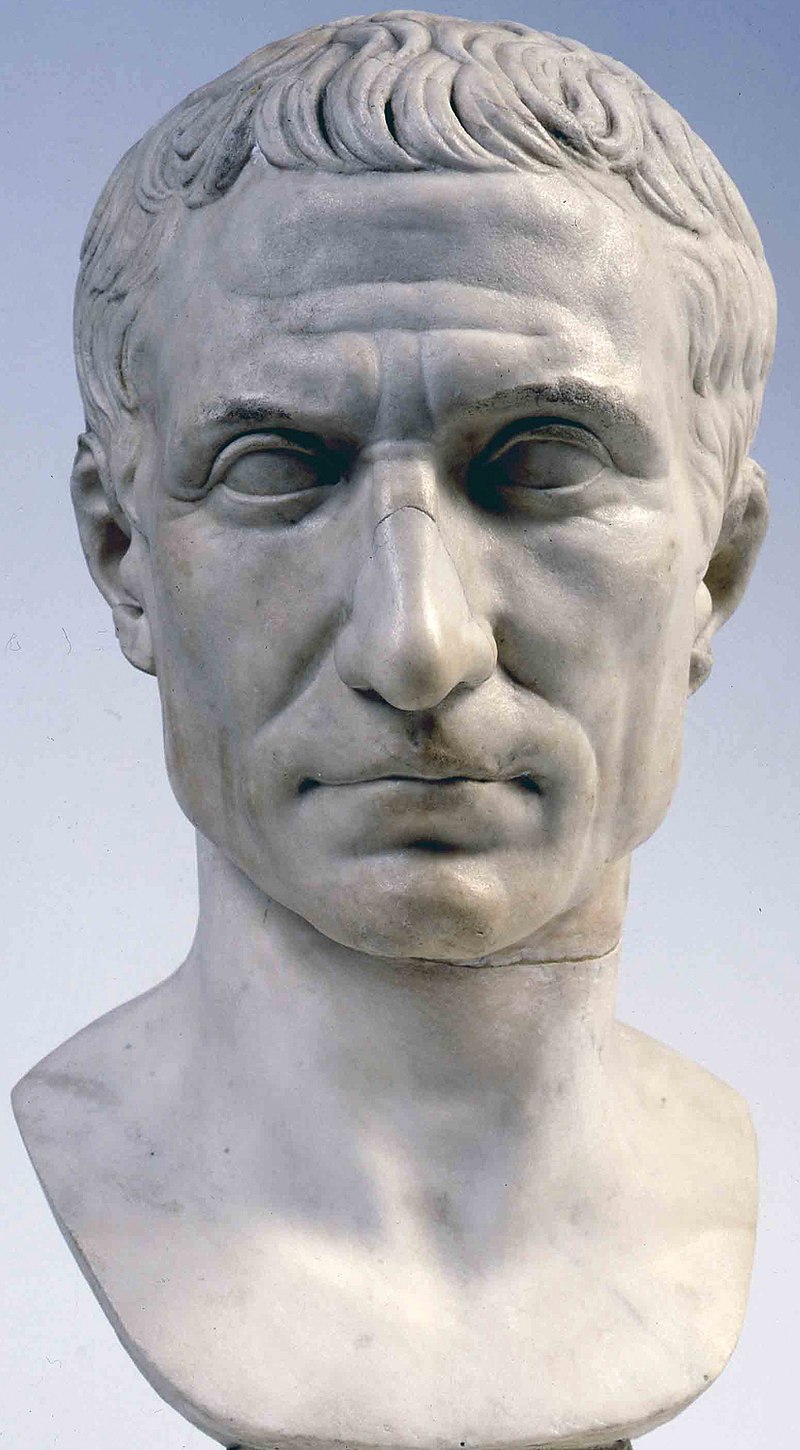

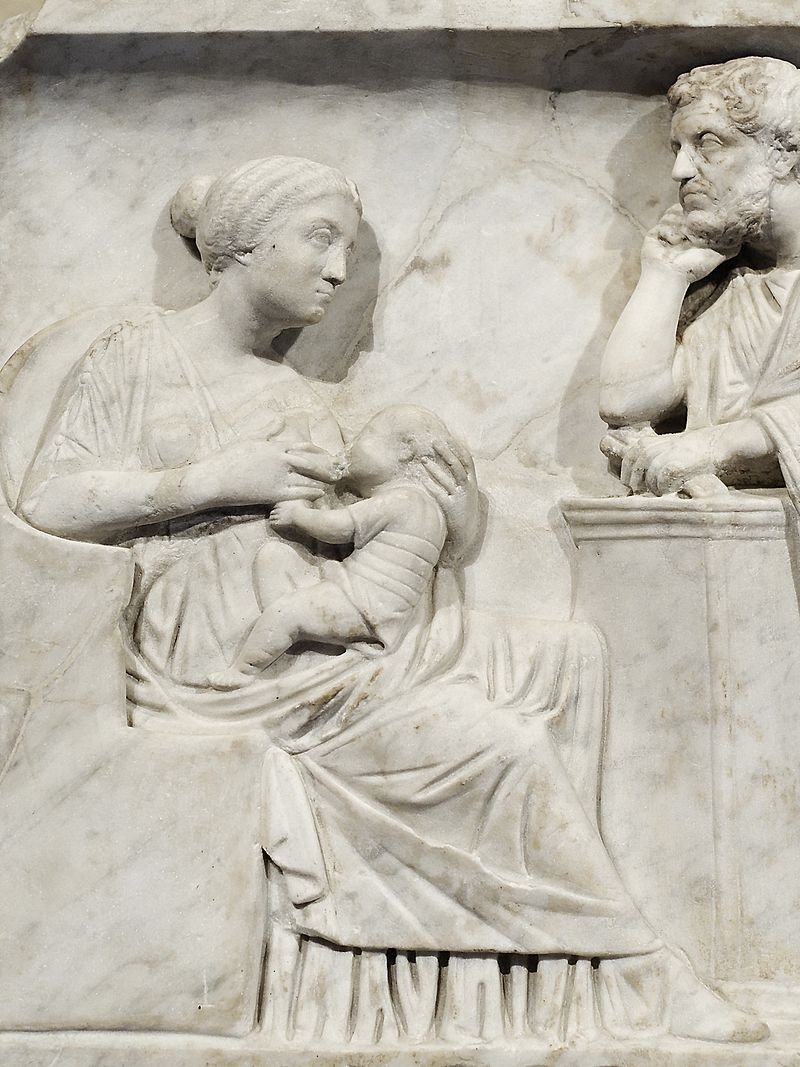
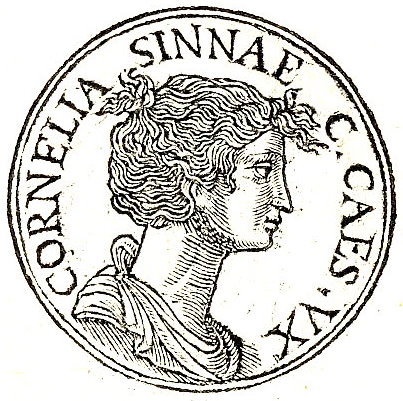
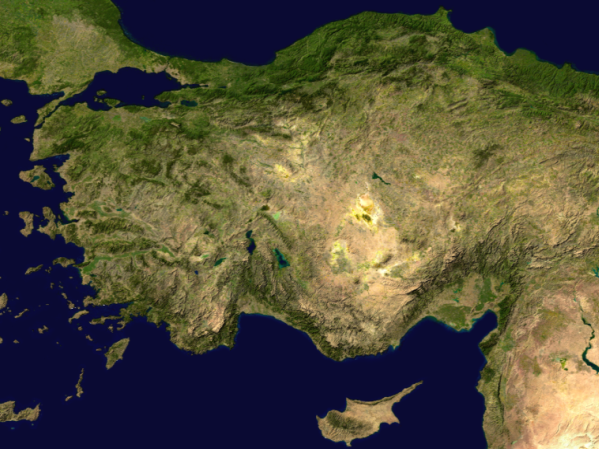
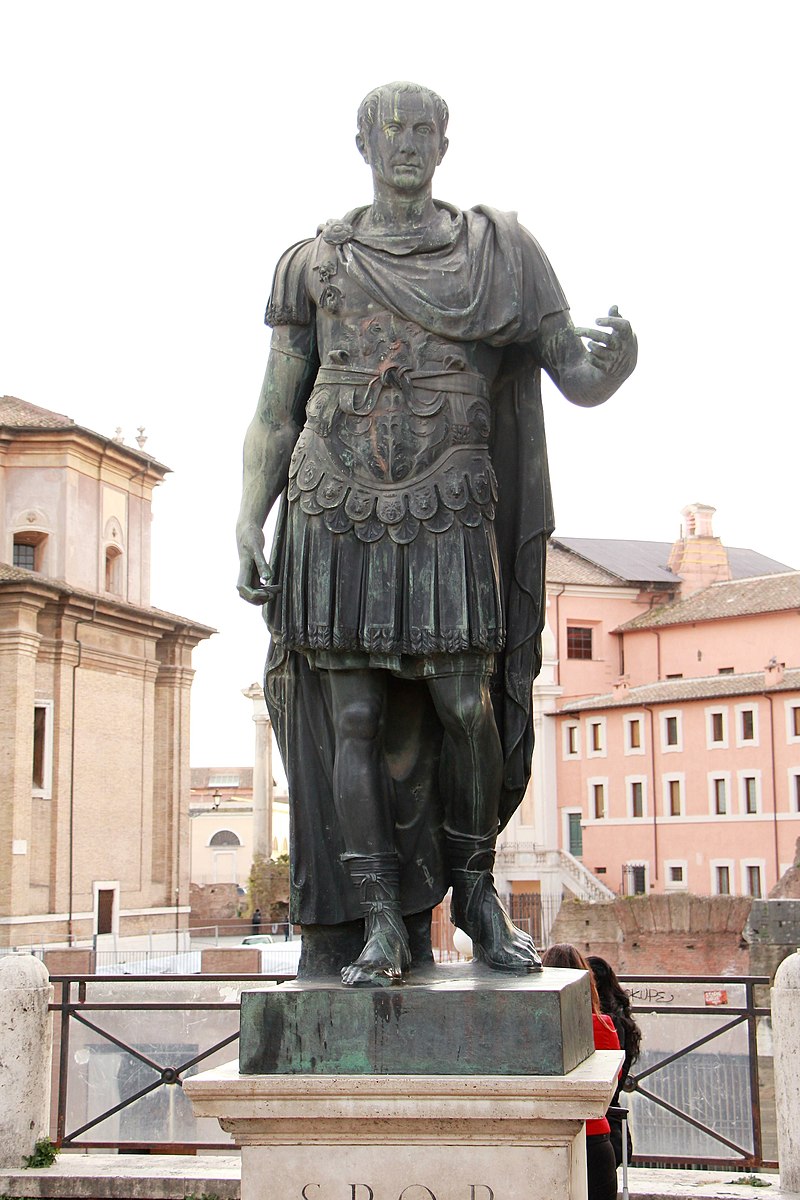
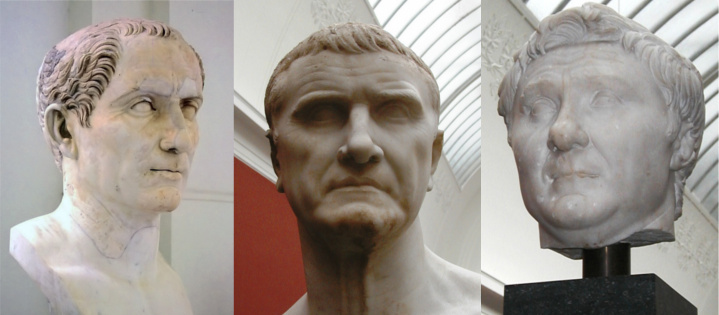
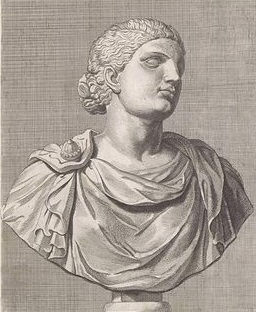
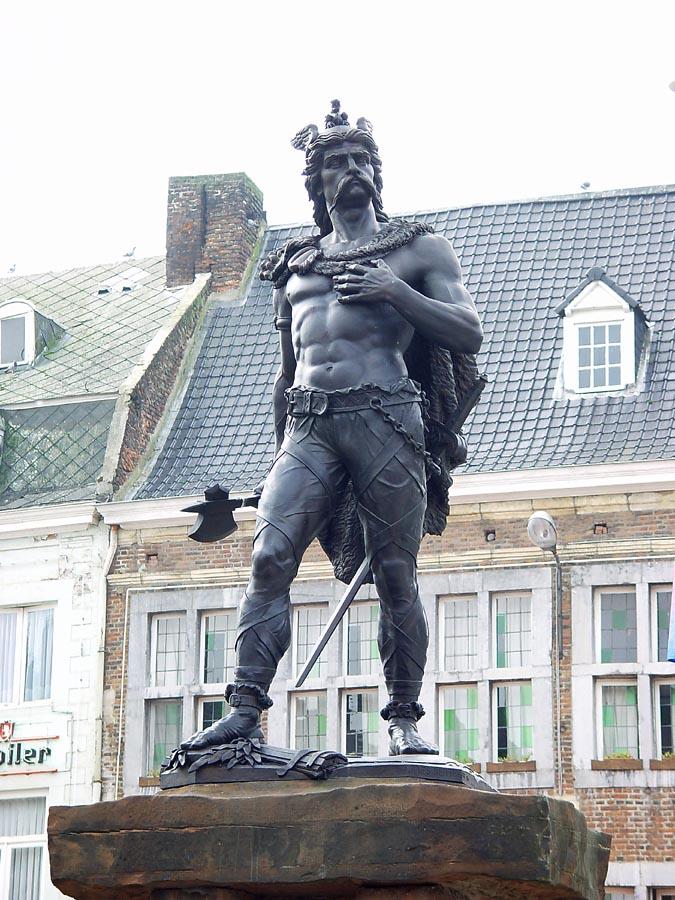
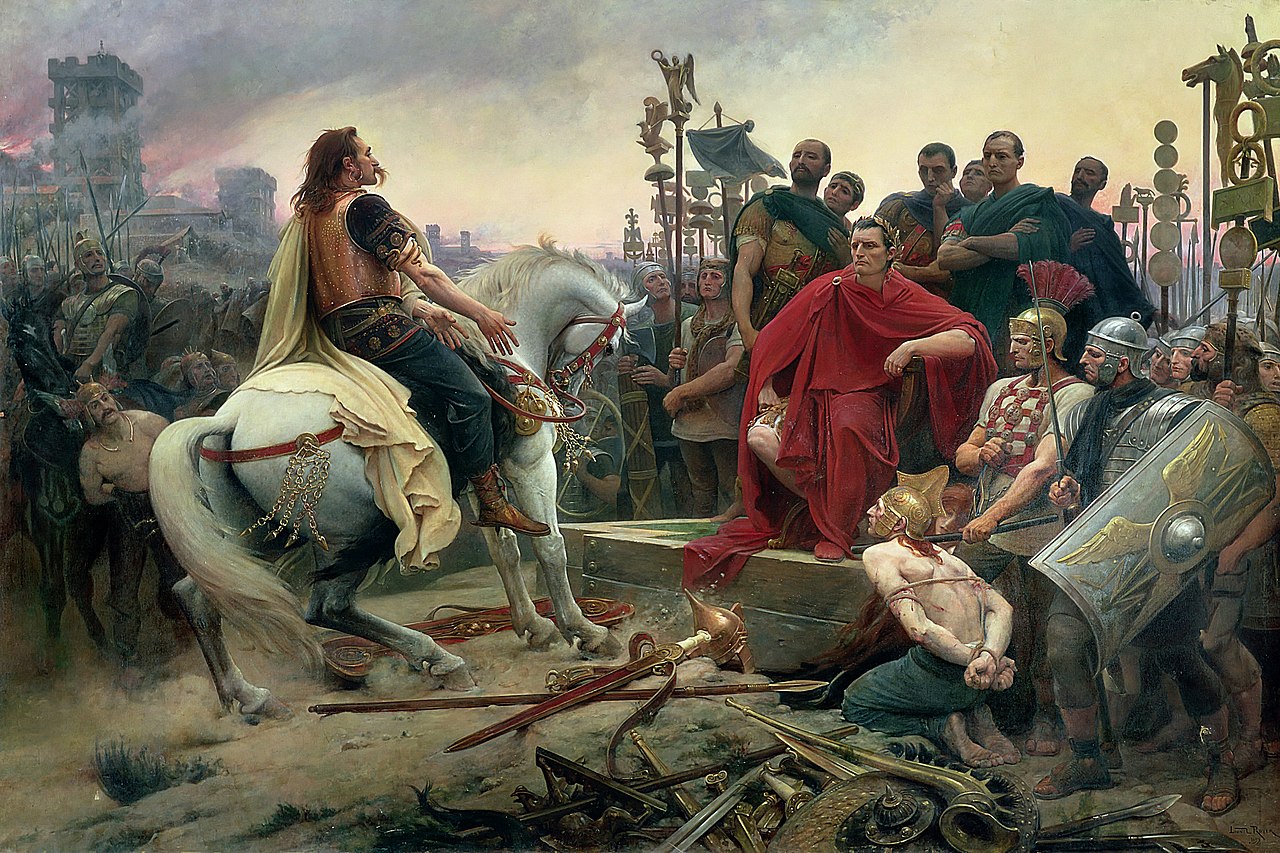
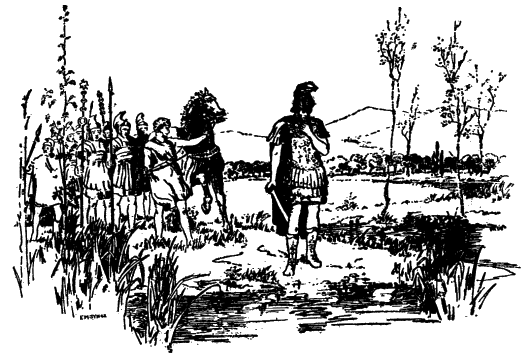
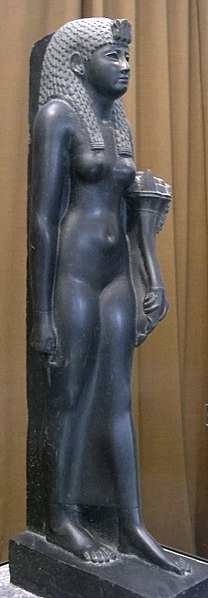
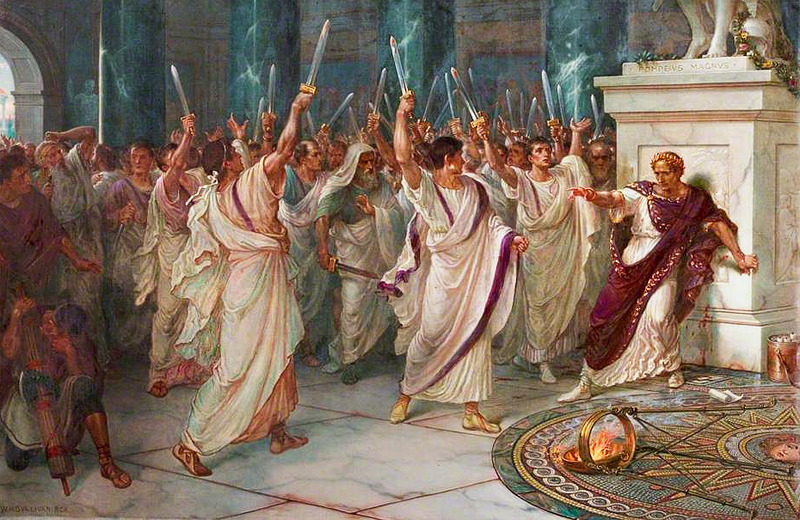

Comments
Links